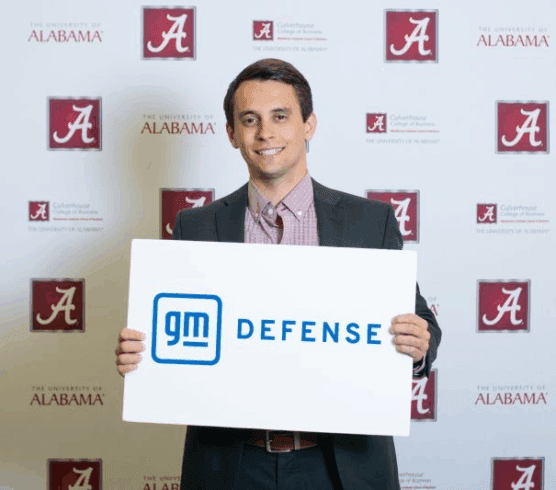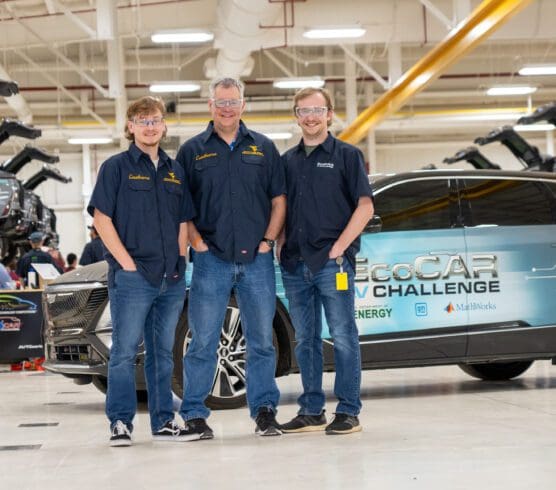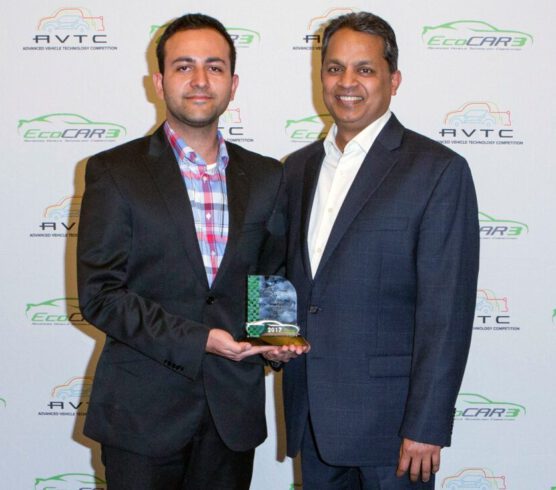In the late 1990s, David Friedman wanted to continue his education to broaden his perspective of hybrid and battery-electric vehicles. His search led him to graduate school at the University of California-Davis. While at the university, he came across the university’s FutureCar team and thought it was the perfect fit to learn and have fun, while building a fuel-efficient plug-in hybrid electric vehicle.
During his time on the team, Friedman was the controls group leader. “I led the team that developed the software and electronics to powertrain and shift the vehicle from charge depleting to charge sustaining mode.” This type of algorithm and process was relatively new to the automotive world,” he said. Friedman also had the opportunity to work with world-renown professor Dr. Andy Frank, who is often accredited as being the father of plug-in hybrids.
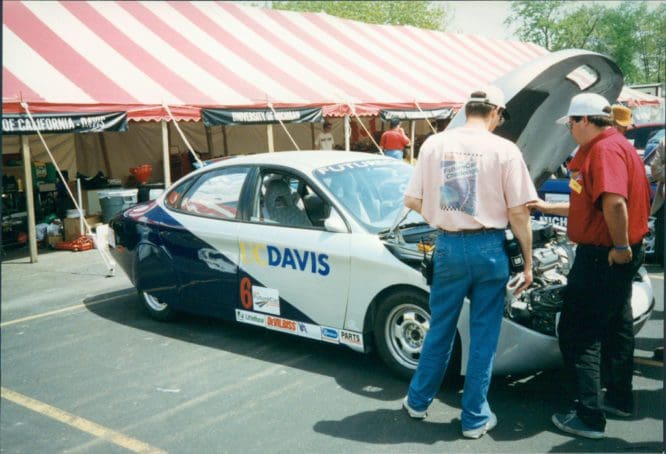
After working towards his Ph.D. at UC-Davis, with a focus on modeling and optimizing automotive fuel cell vehicle systems, Friedman went to work for the Union of Concerned Scientists (UCS) as a senior engineer, research director, and finally as the deputy director of the clean vehicles program co-managing an interdisciplinary team of scientists, engineers, advocates, and outreach specialists.
“I was able to testify before Congress as an expert on fuel efficient technologies, like hybrids and carbon fiber light weighting techniques, in part because of my background and knowledge I learned from FutureCar,” he said. Friedman was with UCS for nearly 12 years before being sworn in as Deputy Administrator for the National Highway Traffic Safety Administration (NHTSA).
As Deputy Administrator, Friedman helps lead the agency in its mission to save lives, prevent injuries and reduce economic costs due to road traffic crashes, through education, research, safety standards, and enforcement activity. “I can help affect policy change based on sound science and data,” he said.
His work with NHTSA helps reduce the more than 30,000 fatalities and 2.5 million injuries on U.S. roads each year. With his position, he is also responsible for helping the nation conserve fuel.
Friedman, photo courtesy of NYPost.com
That work builds on his work back in 2007, while still with the Union of Concerned Scientists, when his team’s efforts helped lead to the first legislative increase in NHTSA’s Corporate Average Fuel Economy (CAFE) standards since their creation in 1975.
“I love being an engineer, but I’ve found that engineers and public policy makers talk different languages,” he said. Good policy can only be made if engineering and science are effectively melded with the policy process.”
In recognition of his past work with CAFE standards and other projects, Friedman was named an Automotive News All-Star and one of Washingtonian Magazine’s 30 People Changing the Environment in Washington in 2008.
Friedman said that engineering is all around us – through the gadgets and gizmos we use every day. He often highlights his experience in FutureCar and Advanced Vehicle Technology Competitions (AVTCs) because it represents a fantastic educational opportunity and a great way to train future engineers and policy makers.
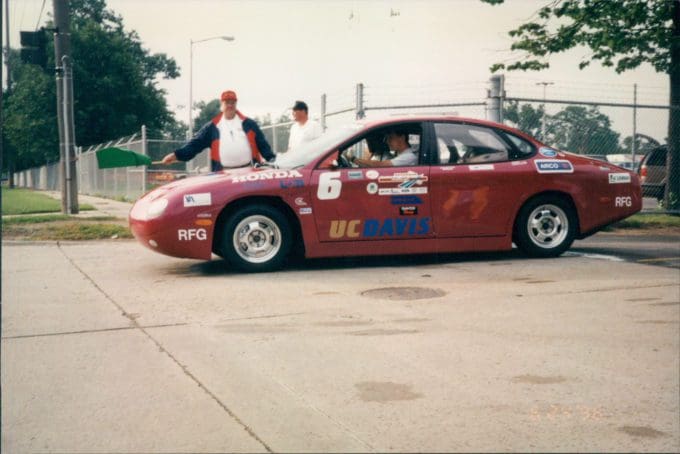
“Programs like AVTCs allow students to get a taste of opportunities that make an impact in the world,” he said. “You will be lucky if you can find a career to follow those dreams and have an impact on society, but don’t let anyone put barriers in your way. Take what you learn and make the most of it.”
His advice to the students within AVTCs: Follow your heart and try to make a difference in the world.
“It will be a resource for all of my life because to the knowledge and friendships I built through this effort,” said Friedman. “It changed me for the better!”
